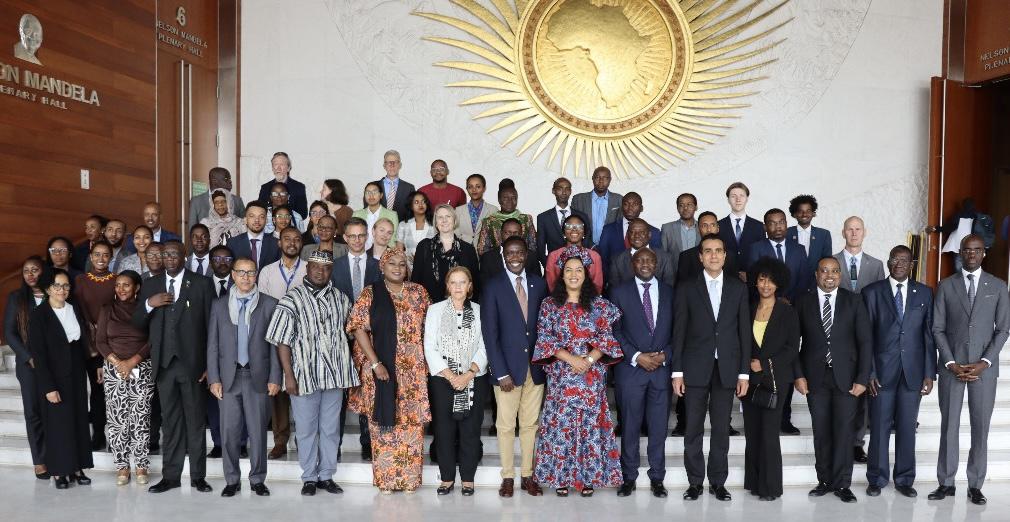Department Resources
AFRICAN UNION CONTINENTAL CONSULTATION ON SYNTHETIC DRUG SUPPLY REDUCTION EFFORTS TOWARDS ADDRESSING DRUG TRAFFICKING AND ADVANCING CRIME
The purpose of the African Union Accountability Framework on the elimination of harmful practices in Africa is to ensure that good perfor
Outbreak Update: As of 3 May 2023, a total of 765,222,932 COVID-19 cases and 6,921,614 deaths (case fatality ratio [CFR]: 1%) have been reported globally by 232 countries and territories to the World Health Organization (WHO).
The African Union Commission (AUC) envisions “an integrated continent that is politically united based on the ideals of Pan Africanism an
Highlights of the cooperation with the GIZ-project “Support to the African Union on Migration and Displacement”
Violent extremism is a global issue.
Agenda 2063 is Africa’s development blueprint to achieve inclusive and sustainable socio-economic development over a 50-year period.
39th AU summit Media Accreditation Platform










